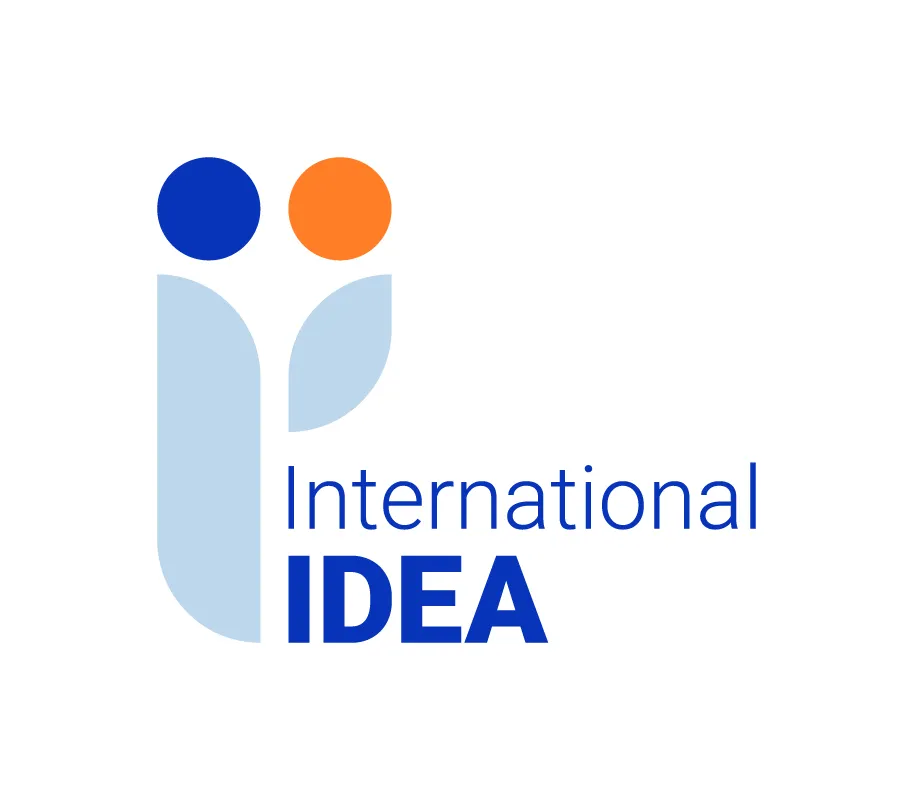For decades, the Middle East has experienced persistent violence and protracted conflict.
Since the beginning of the Arab Awakening in 2010—widely referred to in the coverage of developments in the region as the Arab Spring or the Arab Uprisings—the Arab world has gone through massive change.


